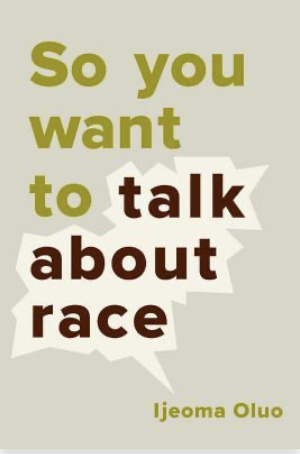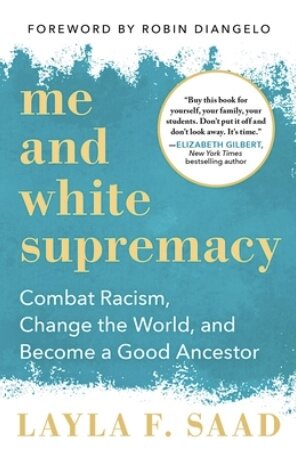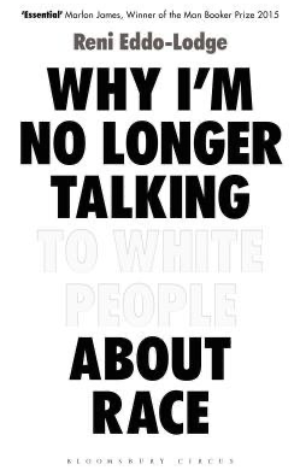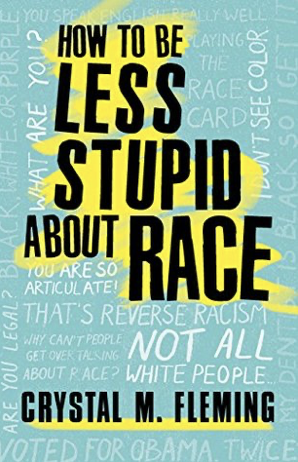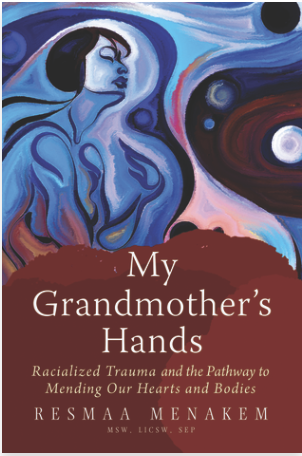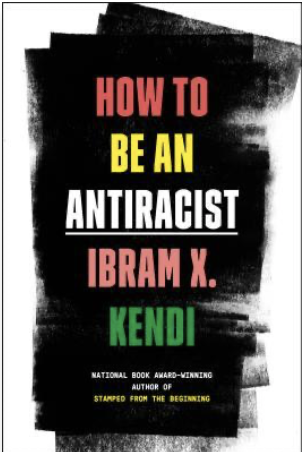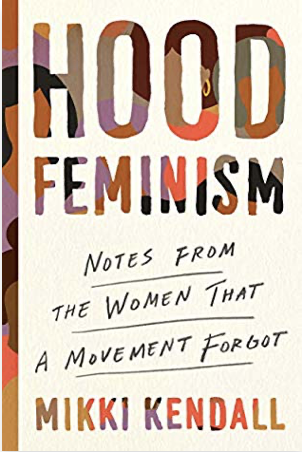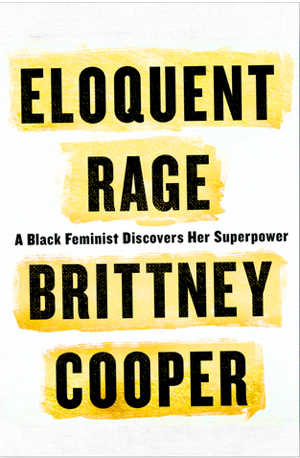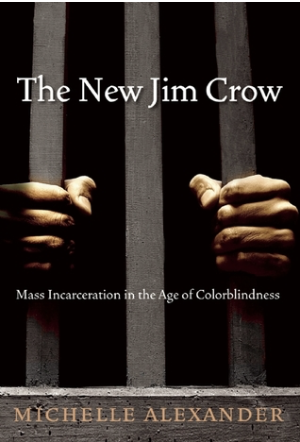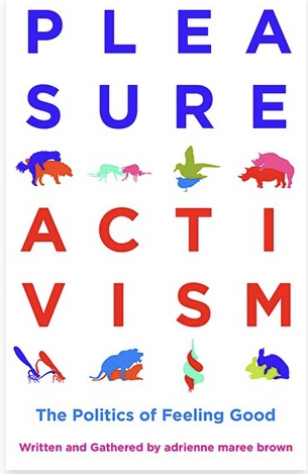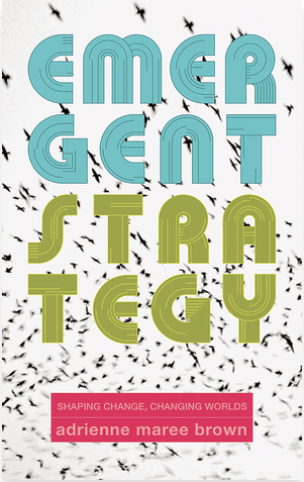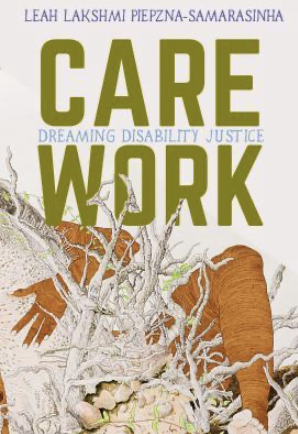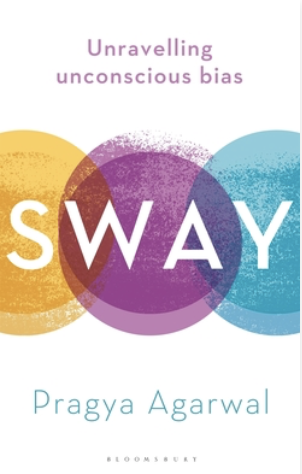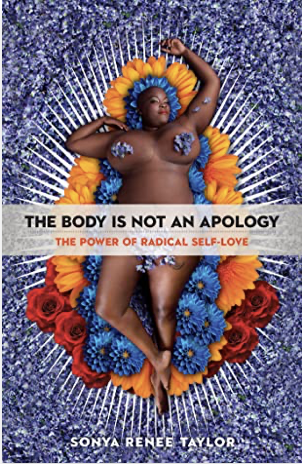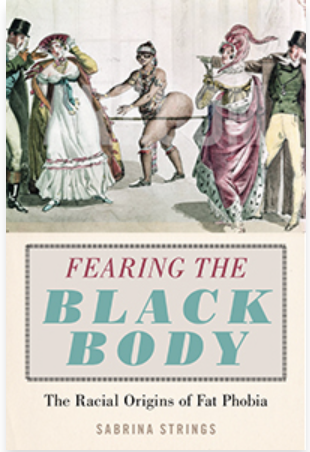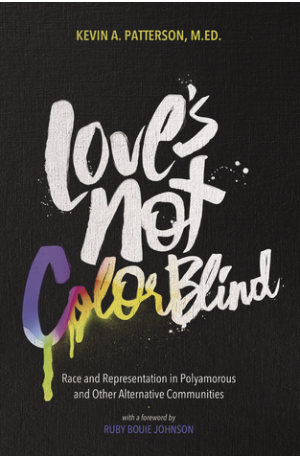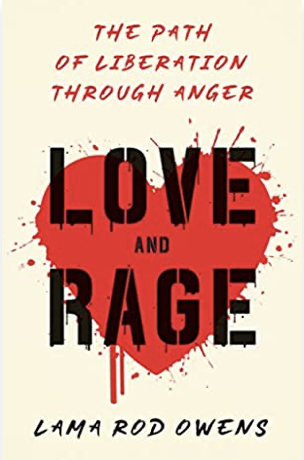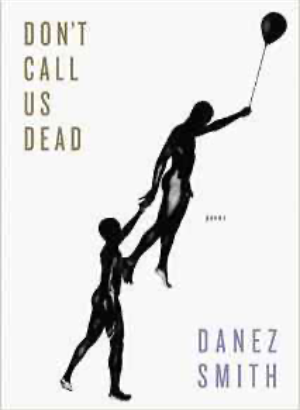Resources for Racial Justice
Photo by Maria Oswalt on Unsplash
I’m sure you’re very much aware of the global protests advocating for racial justice and the Black Lives Matter movement.
Many of us who are white have finally been pushed out of our places of comfort and silence to begin changing the culture for Black lives and for justice. A big part of the struggle in this space is the fear of not knowing what to do, expecting Black folx to educate us for free, being afraid to make mistakes and not wanting to be lumped in with all the other complicit white people.
The reality is, if you’re white or light-skinned, then you’re benefiting directly from white supremacy. If you’re not aware of these systems of oppression, if you’re not challenging them, and if you’re not able to recognise your privilege and are unwilling to share it with those who aren’t afforded these same benefits, you’re maintaining these injustices.
It’s been a harrowing couple of weeks on top of COVID-19 for most of us who are white. Those who are Black or People of Colour have been trying to survive and fight these struggles every day. It’s a privilege to learn about racism from the safety of our homes, rather than in the midst of it.
It’s all of our responsibilities to make spaces safe for Black folx and folx of Colour. This is more than having token Black folx in your workplace or just learning about the oppression they face. It's about shifting and redistributing structural power. It's about sharing your privilege in order to reduce the rates of Black deaths from trauma & oppression related health consequences and from deaths in custody. It means acknowledging the biases of the justice systems and putting pressure on these systems so they can no longer operate this way. It means ending the schools to prisons pipeline. It means learning about and working towards abolishing prisons and policing that incarcerate high rates of Black, disabled and mentally ill folx. It means holding police accountable for the deaths they have caused. It means holding doctors and health professionals accountable for the reduced access to medical care they offer Black folx because of their prejudices about what they think Black folx feel and experience.
The desire to disengage or take a break might be strong for you right now. Notice that. It is an overwhelming time for many. Being able to disengage is a privilege only afforded to those with white skin or white-passing. It’s important to you remain connected because those who are directly impacted don’t have that option so we must not either.
It's not enough to just not be racist. You have to be actively Anti-Racist. In order to do this, we need to do the lifelong work to unlearn the messages we’ve all been indoctrinated into, which we project onto Black people. We need to continue to challenge other white folx to do better and it's imperative that we all continue this after the protests and the performative support ends.
Here’s What You Can do Right Now
Donate to Australian organisations and spaces that support Black folx and those of Colour. Donate to organisations and Black folx in the United States. See this link for a list.
Support Black businesses, read Black authors, donate to spaces that support Black people, Aboriginal people and folx of Colour.
DO THE WORK - What you do when no one else is looking has a far greater impact than proving you're an ally in the public eye. Doing the work is one of the biggest parts of anti-racism and in changing a culture. This work starts in the privacy of your home. It includes reflecting and recognising your privilege and the way you’ve benefitted at Black people's expense. It includes acknowledging the ways you’ve been complicit and the ways you’ve caused harm. It includes identifying, naming and unlearning the beliefs, messages and ideas that you hold about Black folx that aren’t true. Figure out where they came from and replace them with beliefs that are accurate and true.
Call out and challenge other white people on their comments and views every single time. Help them to start doing their own work.
Remember: This work is not easy. Nothing worthwhile ever is. At times it will be deeply uncomfortable. It's ok to make mistakes even if they feel uncomfortable. Getting uncomfortable means taking this work seriously. Sometimes mistakes are the sources of information you need to figure out what does work and helps you get a little bit closer to getting it right.
Listen to Ivirlei Brookes talk more about what white people who are committed to change can do right now.
Here’s an extensive list of books, written by Black authors, to help you begin and continue making change. Click on the books below to read more. If you're not sure where to start, I recommend reading So You Want to Talk About Race. This book will help you learn about white supremacy, the impact of racism and identify your privilege. When you have this foundation, progress onto Me and White Supremacy. This is not a book that you just read, it's something you have to actively do.
For more book recommendations, including non-fiction and fiction, check out Rachel Cargle’s list of over 300 books from Black authors and People of Colour.
Rachel Cargle has also created a free 30-day #DoTheWork course - email sign up required. This is an excellent place to continue your anti-racism practice.
We ALL have to contribute or change won’t happen. We have to commit to the life long process of being Anti-Racist because Black lives, dreams, hopes, family, pleasure and love matters. Black people should not face a higher risk of death because of the extensive misconceptions and notions we hold about them in our minds and bodies based solely on the colour of their skin.



